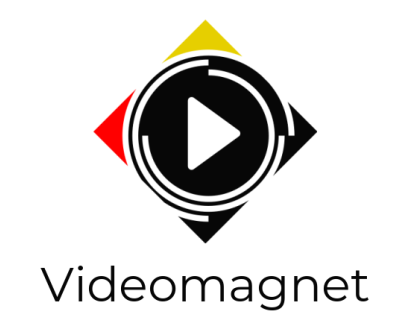The Role of Technology in Healthcare
Technology has always played a crucial role in healthcare, but in recent years, it has advanced at an unprecedented pace, revolutionizing the medical landscape. From improved diagnostics to wearable devices, the future of healthcare tech looks promising.
Artificial Intelligence (AI)
Artificial Intelligence (AI) has the potential to transform healthcare delivery. With machine learning algorithms, AI can analyze vast amounts of patient data to identify patterns and make accurate predictions. This can assist in early disease detection, personalized treatment plans, and improved patient outcomes. Moreover, AI-powered robots can perform surgeries with precision and minimize the risk of human error.
Blockchain
Blockchain technology holds great promise in healthcare. It provides a secure and transparent way to store and share medical records, ensuring privacy and reducing data breaches. With blockchain, patients have better control over their health information, allowing for seamless sharing between healthcare providers and specialists.
Telemedicine
Telemedicine has gained immense popularity, especially during the recent COVID-19 pandemic. This technology allows patients to consult with healthcare professionals remotely, ensuring access to timely medical advice and reducing the burden on healthcare facilities. With the aid of video conferencing and remote monitoring devices, physicians can diagnose and treat patients from the comfort of their homes.
Virtual Reality (VR) and Augmented Reality (AR)
Virtual Reality (VR) and Augmented Reality (AR) have found applications in healthcare, offering immersive experiences for both patients and medical professionals. VR can help reduce anxiety and pain for patients undergoing procedures, while AR can assist surgeons with real-time visual guidance during complex surgeries.
The Future is Exciting
The future of healthcare tech holds immense potential to improve patient care, enhance efficiency, and reduce healthcare costs. From AI-powered diagnostics and blockchain-enabled healthcare systems to telemedicine and VR/AR applications, these innovations are reshaping the medical landscape.
As we move forward, it is crucial for healthcare professionals and policymakers to embrace these technologies and develop frameworks to ensure their ethical use and implementation. The integration of technology in healthcare will undoubtedly pave the way for a brighter future, with better healthcare outcomes for all.
